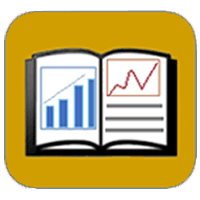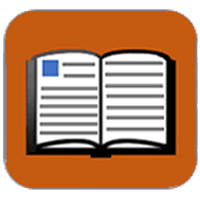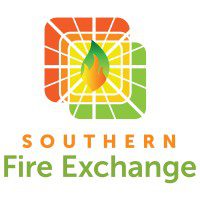Fire Communication & Education
View storymap.
This StoryMap is an overview of some of the work undertaken by FireEarth scientists, serving as an introduction to the project. FireEarth is not a standalone endeavor, as the work draws on past and concurrent efforts in the field of wildfire science, which are referenced when applicable.
The StoryMap is organized around 13 main sections: 1) About the FireEarth StoryMap, 2) An Introduction to Wildfire, 3) FireEarth’s Goal, 4) Cascading Consequences of Fire, 5) Erosion and Runoff, 6) Cascading Consequence: Fire Intensity Impacts, 7) Regional Hydro-Ecologic Simulation System (RHESSys), 8) Smoke and Air Pollution, 9) Reducing Our Vulnerabilities to Wildfire, 10) Community Adaptation to Fire, 11) Biomimicry: Copying Nature to Coexist with Fire, 12) Conclusion, and 13) All FireEarth-Supported Papers.
View article.
This analysis reveals that investing in collaborative capacity to advance agency-agency partnerships and public engagement might not slow down mitigation, but rather enable agencies to “go slow to go fast” by building the support and mechanisms necessary to increase the pace and scale of mitigation work. Reframing the wildfire problem through a careful analysis of competing frames and the underlying assumptions that privilege particular solutions can reveal a broader suite of solutions that address the range of key barriers.
View article.
In this Research-Partnership Highlight, we argue that private-public partners in such settings must be strategic in their selection of tasks to generate “small wins” in order to build the trust, competency, and legitimacy needed to advance an approach for landscape-scale fine fuels management. We highlight a fine fuels reduction partnership consisting of public and private entities in southeastern Oregon that established a research and education project and applied dormant season grazing on three pastures within the Vale District Bureau of Land Management. We describe the impetus for the partnership, antecedents, strategic tactics, and ongoing learning and reflection used to revise processes. In this example, implementing dormant season grazing as a research and education project allowed the partners to assess the efficaciousness of the treatment, as well as the operational logistics and administrative competencies necessary to apply the treatment to manage fine fuels at broader scales. Because dormant season grazing may, in some instances, conflict with established practices and norms, small-scale projects such as this allow partners to refine understandings of the social and administrative conditions that make implementation possible. Generating small wins through projects such as this is a critical precursor for partnerships seeking to take on larger, more complex endeavors that involve increasing ecological, economic, and social uncertainty.
View article.
We found that many community members were initially drawn to learn about wildfre risk mitigation, but their informational needs shifted toward broader forest ecology over time, suggesting that communication strategies and topics must also evolve over time. Some common terms used by land management professionals were unclear to public audiences, sometimes leading to feelings of dissatisfaction with outreach. One-on-one meetings and experiential group learning were perceived by information providers and community members to be useful strategies for outreach. Our fndings can be used to improve ongoing outreach in this study area and inform similar efforts elsewhere.
View article.
Five ethical lenses were generated from the thematic coding process: Epistemologies and Representation, Values and Priorities, Risk and Uncertainty, Power, and Metaethics. The five lenses provide a framework to identify prospective ethical tensions in wildland fire decision-making, both within and cutting across categories. This framework provides a way of structuring future investigations into wildfire ethics, as well as a starting point for developing techniques to integrate community and stakeholder values.
Webinar registration.
From building firelines to researching fire trends over time, fire management and science require great communication to be successful. Our panel will share their experiences and tips on how to effectively talk about fire to gain support and build a collaborative network. We’ll address your questions about fire science communication and discuss best practices for defining objectives, connecting with your audience, and tools/resources that can help along the way.
View article.
Prebunking and debunking misinformation are first steps toward ensuring that policy makers, journalists, judges, members of the public, and elected officials are skeptical of weakly supported scientific information, which can hinder effective wildfire management.
Webinar recording.
How will you deliver your message to the right people?
Rangeland professionals know a lot about rangeland ecology and management, but not about marketing, especially online communication. Online communication is here to stay, investing time now to learn more about it will prepare you for the future.
Webinar recording.
What are you saying to them and what should they do?
Rangeland professionals know a lot about rangeland ecology and management, but not about marketing, especially online communication. Online communication is here to stay, investing time now to learn more about it will prepare you for the future.
Webinar recording.
Who are you talking to?
Rangeland professionals know a lot about rangeland ecology and management, but not about marketing, especially online communication. Online communication is here to stay, investing time now to learn more about it will prepare you for the future.





